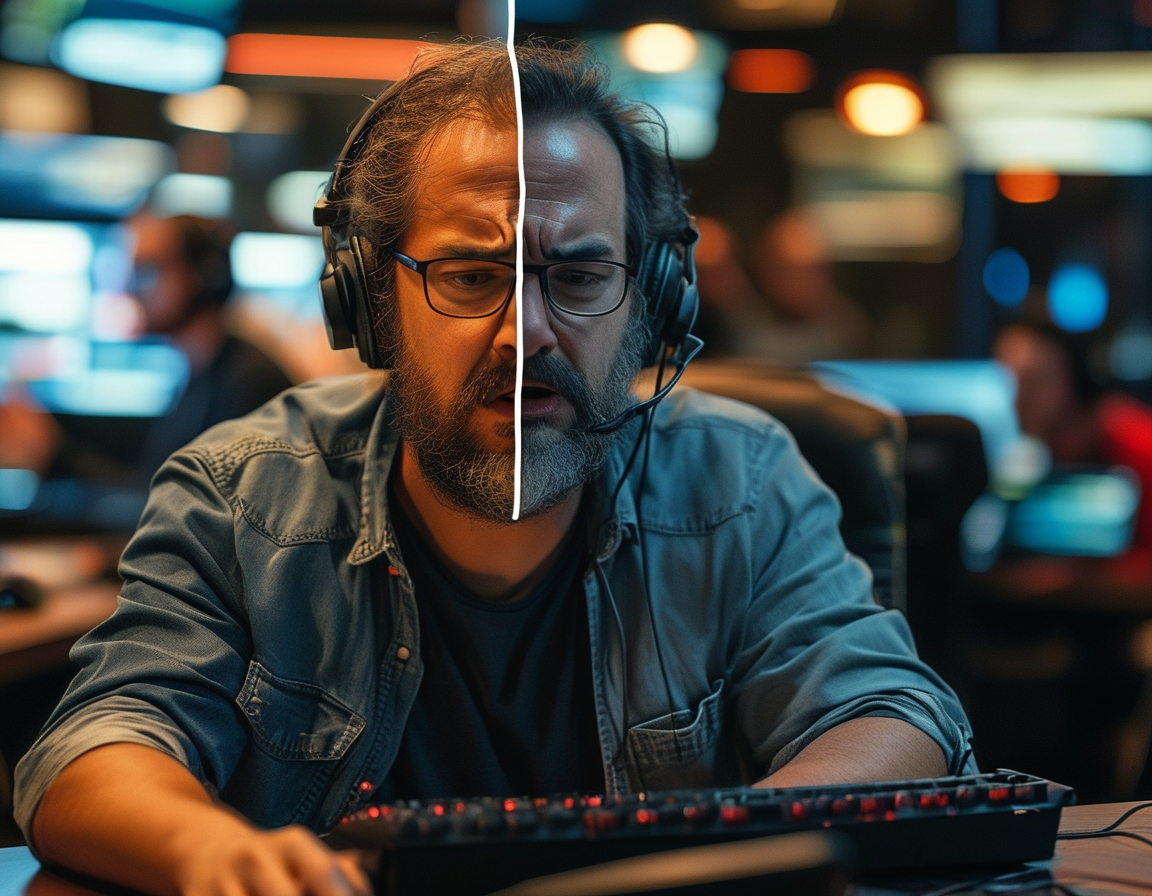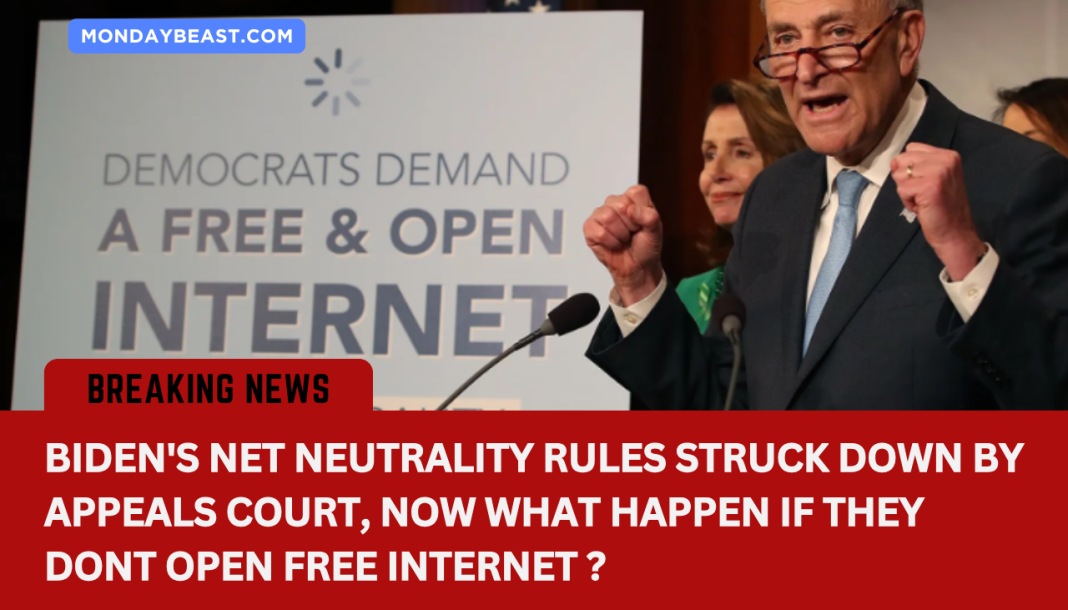The recent ruling from the U.S. Court of Appeals for the 6th Circuit sent shockwaves through the digital landscape. With a panel made up entirely of Republican judges, the decision declared that the Federal Communications Commission (FCC) does not have the authority to restore net neutrality rules. This comes as a blow to the Biden administration and advocates for an open and fair internet.

Why should you care? Imagine streaming your favorite show, only to find that the speeds drop significantly. Or think about a small business struggling to make its mark online. These are real concerns for many Americans. The ruling can reshape the internet as we know it.
Judge Richard Allen Griffin pointed out that broadband internet falls under the category of an ‘information service.’ This classification means the FCC can’t impose rules as it once did under Title II. Blocking content or creating ‘fast lanes’ for companies that pay more could soon become a fortified reality.

In a way, this ruling reflects a broader narrative of what consumer interests matter in America. Is it really about the average citizen, or more about the profits of major telecom companies? The court referred to a Supreme Court decision from 2024 known as Loper Bright, which has effectively altered how agencies can enforce regulations.
Brendan Carr, the incoming FCC chair, supports a deregulated internet. He defends his prior 2017 vote against net neutrality as a win for innovation and freedom. Yet, can innovation truly flourish when unrestricted access is questioned?

On the other side of this debate, Jessica Rosenworcel, the Democratic FCC chair, firmly asserts the need for an internet that prioritizes fairness. In a public statement, she echoed the voice of countless consumers who want assurances that both their speed and access remain intact.
This decision has ignited discussions in Congress. Senate Majority Leader Chuck Schumer weighed in, passionately framing the ruling as one that favors corporate interests over the needs of everyday Americans. What does this mean for our rights in a digital world?
As net neutrality advocates rally behind a push to legislate these essential protections, questions loom large. Will Congress heed the public call to action? Or will this ruling solidify an era of corporate-led internet?
From streaming giants to everyday web users, the implications are vast. If companies can control access based on payments, who really decides what we get to see? As a society, are we prepared for an internet where speed and accessibility are dictated by profit?
As we watch these developments unfold, it’s crucial to remain vigilant. The future of internet access, innovation, and inclusivity hinges on what comes next. Are we ready for these debates to shape our digital landscape?




